
One Nation’s chances as a dominant conservative party are piñata-like
Posted on 11 Feb 2026
Opinions polls insist Pauline Hanson's fortunes are on the rise, but it is likely that enthusiasm…
Posted on 24 Oct 2023
By David Crosbie

The overwhelming rejection of the Yes campaign to give Indigenous Australians a Voice to Parliament highlights some troubling gaps in the nation’s collective education and understanding of history, writes Community Council for Australia CEO David Crosbie.
Following are the collective insights and views of a group of Aboriginal and Torres Strait Islander leaders, community members and organisations who supported Yes:
“It is evident that many Australians are unaware of our cultures, our histories, or the racism imbued in the Australian Constitution. That so many Australian people believe there is no race or division on race in the current Australian Constitution speaks to the need for better education on Australian history and better civics education.
“We have faith that the upswelling of support through this Referendum has ignited a fire for many to walk with us on our journey towards justice. Our truths have been silenced for too long.” (Source: Statement for our People and Country).
The Voice referendum was very revealing.
It has generated some insightful analysis and very gracious statements, particularly from Indigenous Australians who have every right to feel aggrieved – yet again.
Like many of my friends and colleagues, I feel ashamed.
Indigenous Australians asked to have a say in policies that affect them through a change to our Constitution. We said no.
In many cases we said no out of ignorance, out of not knowing. This should not be glossed over or dismissed.
Surveys conducted by RedBridge Group Australia and Accent Research found that “47% of voters surveyed do not think First Nations peoples face more discrimination than “white” Australians, with a quarter saying that it is in fact white people who face more discrimination. Of these, 80% voted No.”
Ignorance of the facts is not the only reason non-Indigenous Australians voted No in such numbers, but it does highlight one of the main lessons we learned from referendum voting patterns.
Australia needs to invest more in our education systems if we are to create the kind of Australia we want to live in. Levels of educational attainment cannot explain everything about the attitudes and knowledge of non-Indigenous Australians, but there is no doubt that education plays a significant role.
The more educated an electorate, the more likely it was to vote Yes in support of a Voice for Indigenous Australians.
"It seems far too many Australians are ignorant of the truth. We can, and should, do something about that."
Several years ago, CCA was part of the push to have education promoted across our communities in the Origin Foundation–backed campaign “It takes a village. Education is everyone’s business”.
The rationale behind this message was that too many of our kids were missing out on completing school.
The impact of early school leaving is generally far reaching across multiple domains including health, wellbeing, access to housing and employment.

While many early school leavers have great lives and achieve great things, we also know that the longer our kids stay in school, particularly our Indigenous kids, the more likely they are to avoid social and economic disadvantages.
We know, for instance, that the best way to reduce HIV/AIDS infections in Indigenous communities is to increase education levels.
We can all play a role in promoting education within our own families and communities, and well beyond. That role can be as small as asking what a student is studying and encouraging them to continue learning.
As part of community organisations, we can also back campaigns and initiatives that seek to promote higher levels of educational attainment, particularly across more disadvantaged communities.
Right now, in Australia, public schools educate two thirds of all Australian students – including 80% of children from families of low socio-economic advantage, more than 80% of Aboriginal and Torres Strait Islander children, more than two thirds of children with disability, and more than 67% of students whose families speak a language other than English at home.
The future funding models for public schools are being decided by governments over the coming months as they finalise bilateral school funding agreements for the 2024–28 period.
Another campaign has been launched to boost education funding – For Every Child. The initiative seeks to achieve full education funding for every child across Australia and to ensure schools can achieve the schooling resource standard that all governments adopted a decade ago. Less than 2% of public schools have reached that funding standard.
CCA has long been committed to supporting greater equality of access to educational opportunities. This was one of the key priorities in our “Australia we want” work almost a decade ago.
There is a lot to do in this area and all of us can play a role as individuals and within our own organisations by supporting these kinds of campaigns to address educational inequality across our country.
Perhaps boosting education and building greater awareness of the true history of Australia is just one of the small steps we can take as we continue our journey to a more informed set of attitudes and decision making with, instead of for, Indigenous Australians.
Thomas Mayo argued this week that “the truth should be unifying, not divisive”.
It seems far too many Australians are ignorant of the truth. We can, and should, do something about that.
David Crosbie has been CEO of the Community Council for Australia for the past decade and has spent more than a quarter of a century leading significant not-for-profit organisations, including the Mental Health Council of Australia, the Alcohol and other Drugs Council of Australia, and Odyssey House Victoria.

Posted on 11 Feb 2026
Opinions polls insist Pauline Hanson's fortunes are on the rise, but it is likely that enthusiasm…

Posted on 04 Feb 2026
As we move into 2026, I can’t help but think the world is wobbling a little.
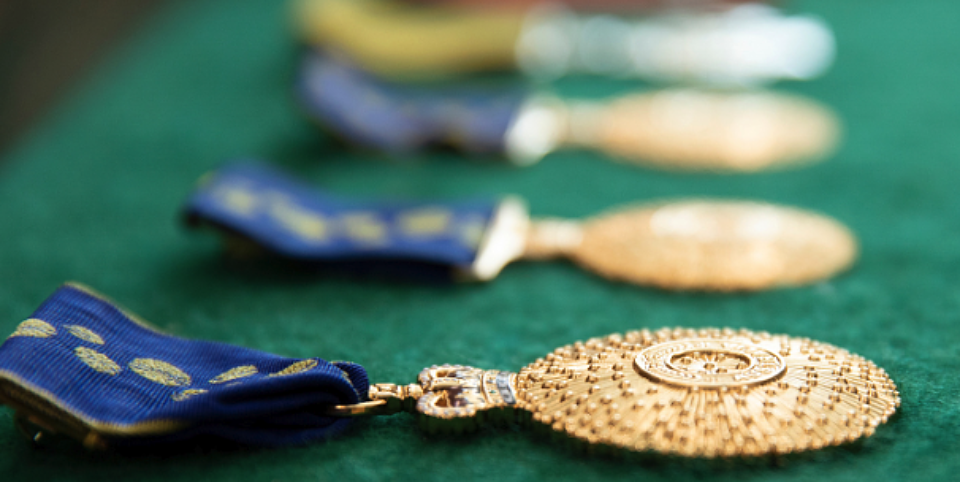
Posted on 28 Jan 2026
The 2026 Australia Day Honours list delivered a sobering reality check. After reaching gender…

Posted on 28 Jan 2026
This year’s Adelaide Writers’ Week began with the cancellation of a talk by Palestinian-Australian…
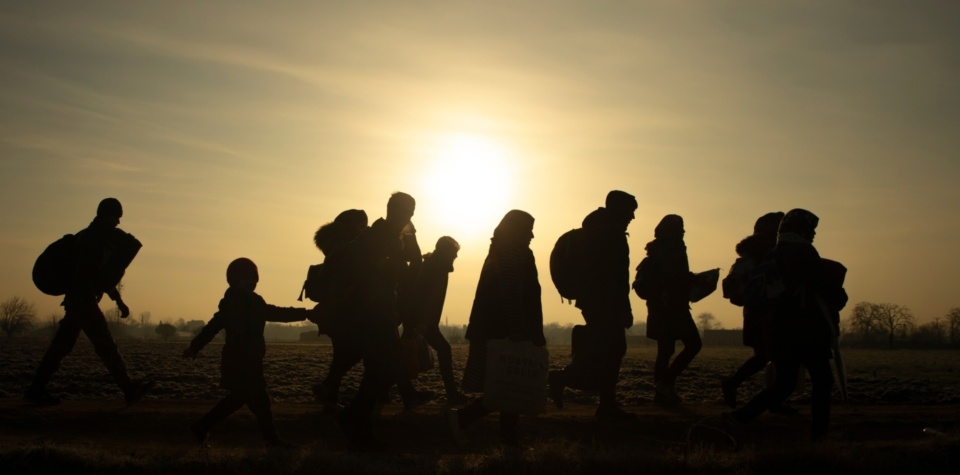
Posted on 16 Dec 2025
As Australia prepares to welcome its one millionth refugee, human rights advocate and former…

Posted on 10 Dec 2025
What a year 2025 has been, particularly at a national level where the Parliament and politics as we…
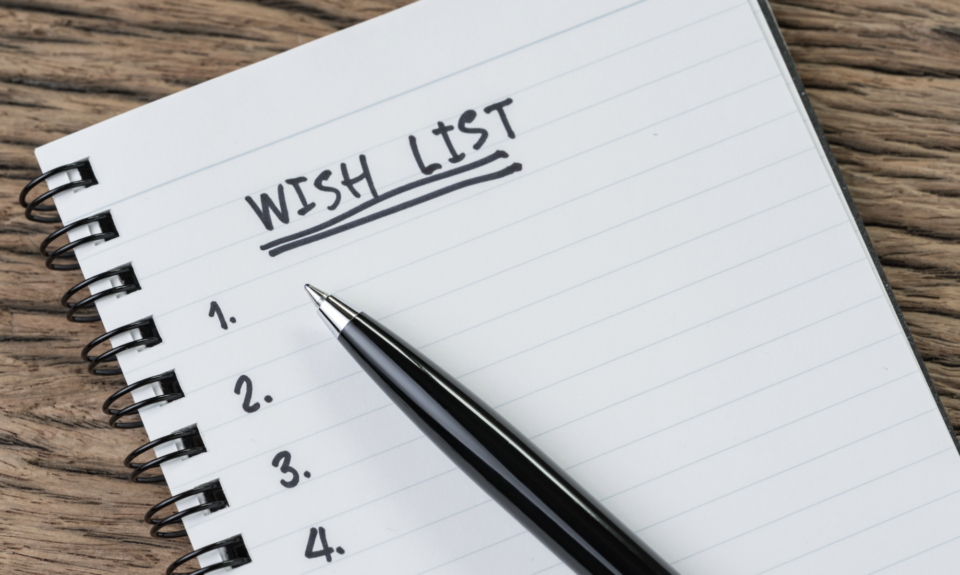
Posted on 26 Nov 2025
Charities and not-for-profits can be outstanding advocates for their cause, their community, their…

Posted on 12 Nov 2025
Managing a charity or not-for-profit in Australia is often more complex than it may appear. On any…
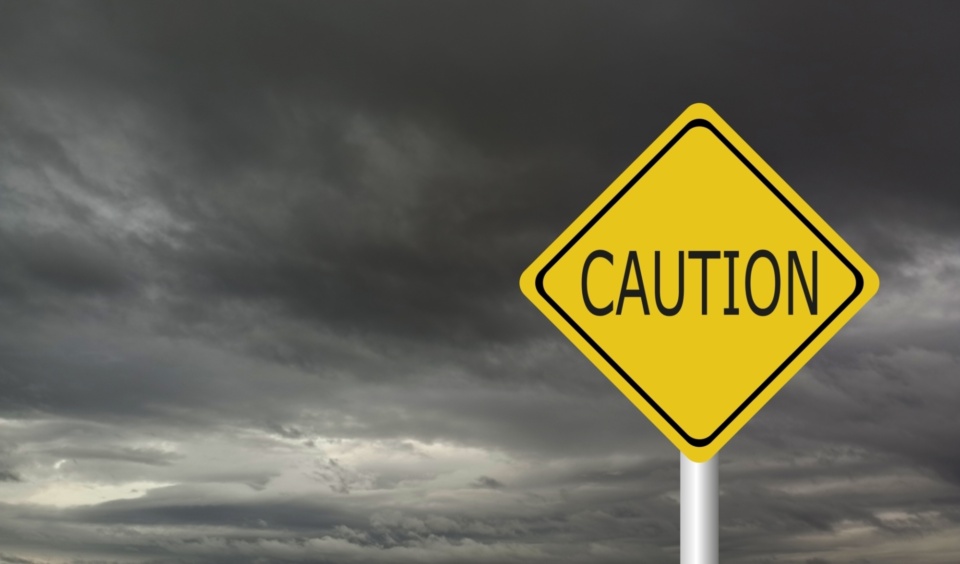
Posted on 29 Oct 2025
One of the most contentious debates across many areas of human services is the for-profit versus…

Posted on 28 Oct 2025
Workers in the not-for-profit sector lift up communities, care for those in crisis and do work that…
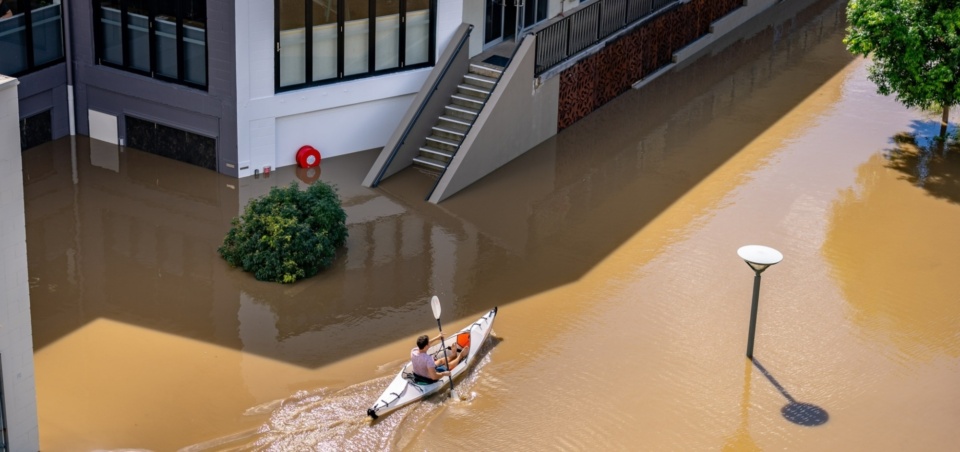
Posted on 08 Oct 2025
The cost of climate change's impact on Australian life is increasingly well documented. The…
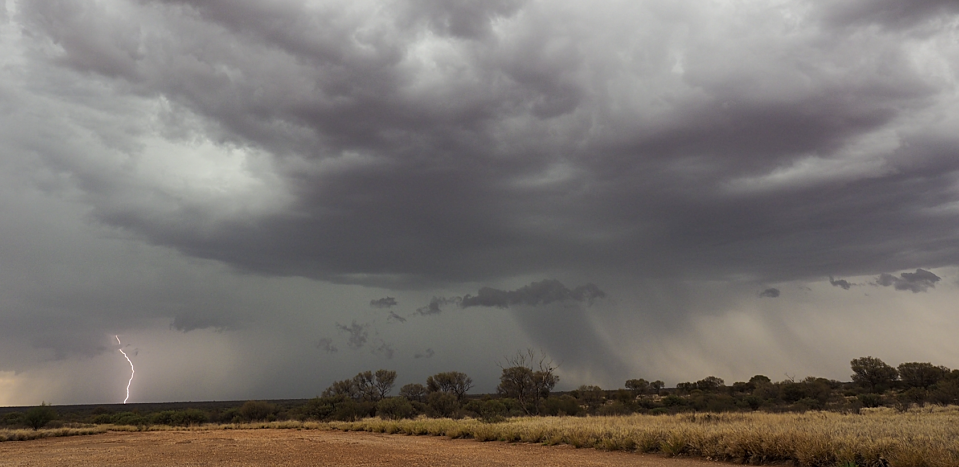
Posted on 08 Oct 2025
The Wurundjeri Indigenous people who live in and around Melbourne understand their environment as…